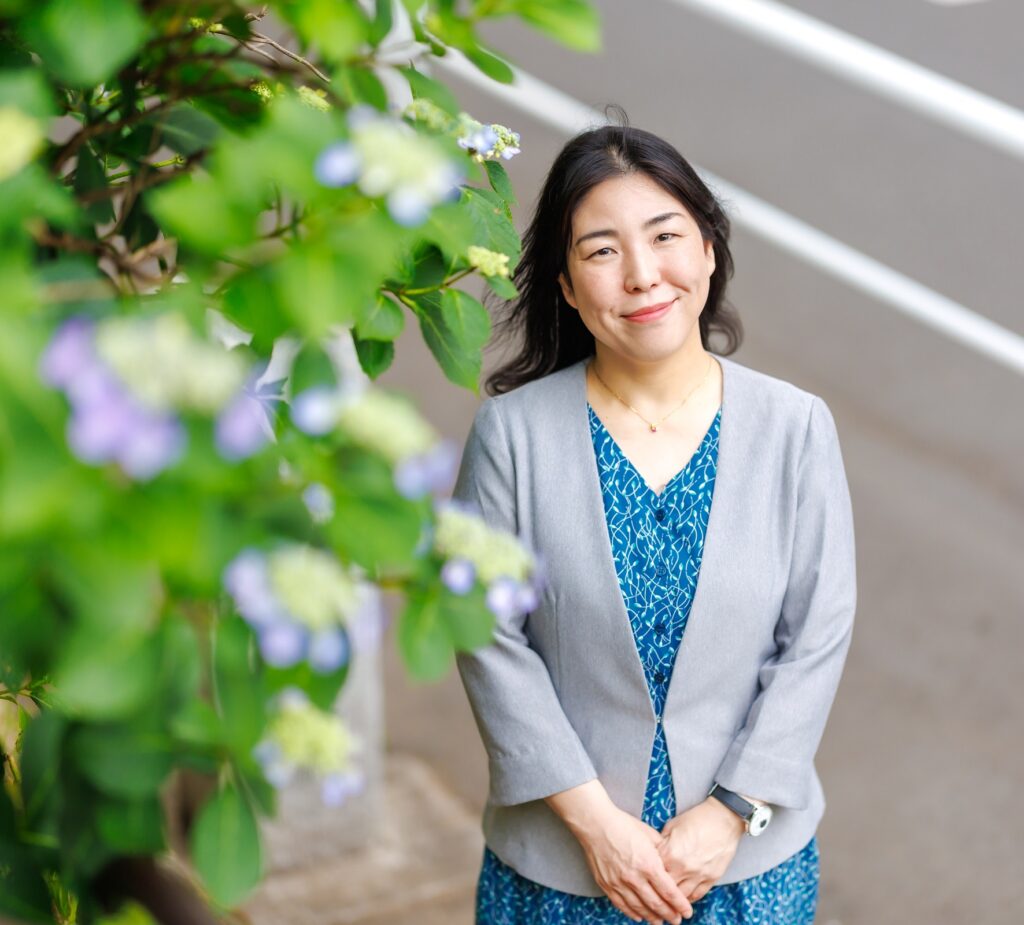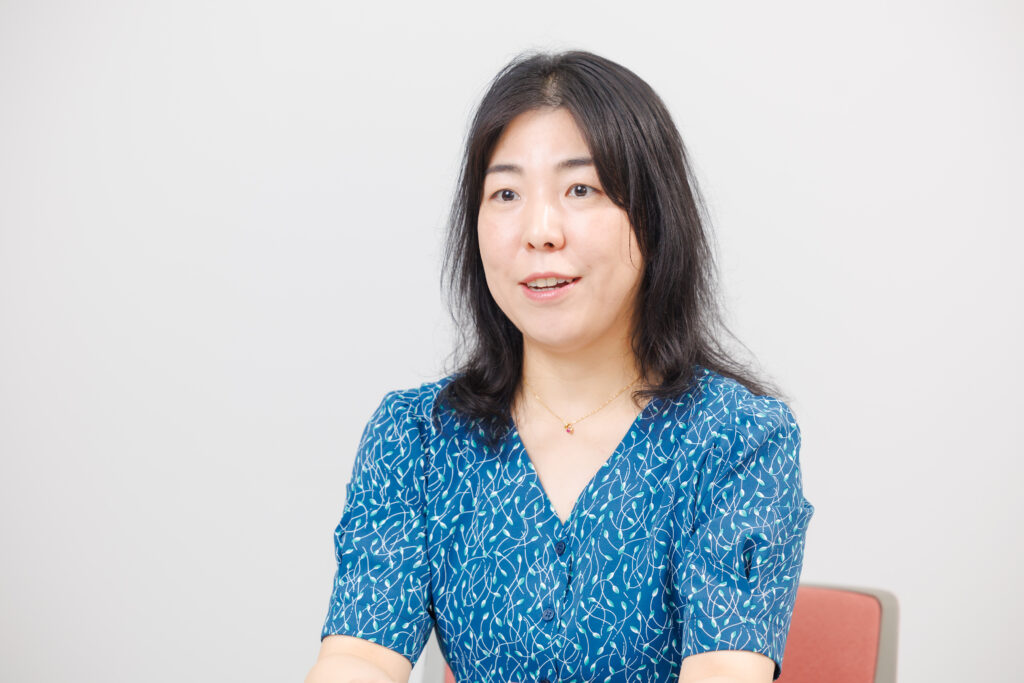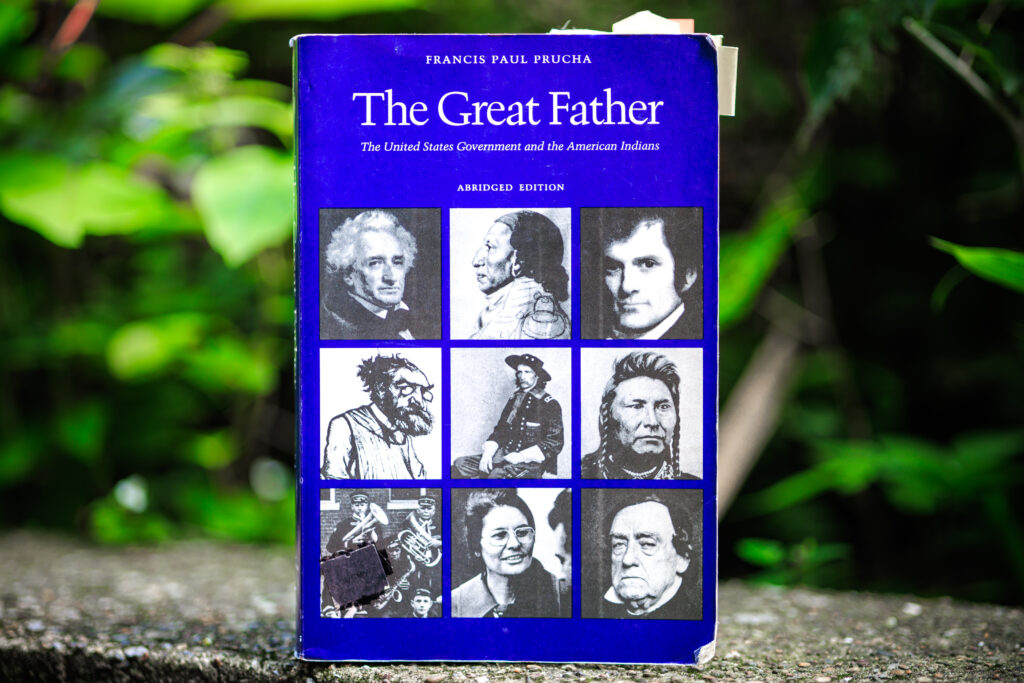
Professor Yuka Mizutani at the Center for Global Education and Discovery focuses on the lives and challenges of the Indigenous people of the North American region. Her research analyzes specific examples of how the Indigenous people of today are working to revitalize their cultures after suffering eras of oppression from settlers.
My research is focused on the historical experiences of the Indigenous people of the North American region and efforts to revitalize their cultures. Recently I have expanded my interests to the Pacific region as well.
There is sometimes a misconception that Indigenous people are an existence of the past or that their cultures have disappeared. However, in the case of the US for example, over 570 tribes are recognized by the federal government. These tribes are sovereign nations that preserve their unique languages and cultures.
For many years, these peoples were driven away from their traditional territories through federal policy and were hindered from passing down their cultures and languages. Indigenous peoples living in the US and Mexico border region, who I have been learning about, are divided by the international boundary, and in the past, have endured abusive behavior.
In North America, Indigenous people continued to be subject to unfair wage differences, grave robbing, and cultural property destruction after entering the 20th century. Even now in the 21st century, health complications due to environmental destruction and sexual assault on Indigenous women persist.
The world cannot be understood with the framework of the nation-state alone

In addition to this, Indigenous people often endure being told that their lives would be easier if they abandoned their cultures, or that their predicament stems from not enough resistance. There were also situations when revealing their cultures could put them at risk, and they have been forced to make agonizing decisions. Considering this, it is unfair to attribute blame for the current situation to the Indigenous people themselves.
The world of today is often spoken of in the framework of the nation-state. However, Indigenous people are a presence that cannot necessarily be spoken of within that framework. People who reside in multiple countries across international borders exist all over the world. Also, the international society may not be able to provide support for them if they live in developed countries, although their rights are infringed upon, or they suffer from poverty within these countries.
Meanwhile, the international community has developed an interest in the Indigenous people worldwide, and the UN has designated the period from 2022 to 2032 as a decade for strengthening support for Indigenous languages and their speakers. Perspectives for understanding the world are diversifying.
Promoting cultural understanding through tangible resources
Because Indigenous people are still facing hardships today, asking them detailed questions in an interview can be psychologically burdening. Thus, in research, I use a blend of multiple methods, including the analysis of notes and text in which the words of Indigenous people are recorded. I present my studies at exhibitions at museums and other venues in addition to academic articles and books.
In my educational activities, I also focus on incorporating resources that students can hold in their hands like traditional crafts and contemporary art pieces. I hope students will use their tactile senses to understand Indigenous cultures instead of learning them only by words written in textbooks.
Each culture and society changes with the times, but the right to decide on those changes should lie with the members of that culture. There are people who cannot freely select their own way of life or future as a group or as individuals. I hope students come to be aware of this reality of the world and think about the structural problems of society.
Also, I hope students will deepen their understanding of the Indigenous people of today who are actively shaping their own future after surviving difficult times.
The book I recommend
“The Great Father: The United States Government and the American Indians (Abridged Edition)”
by Francis Paul Prucha, University of Nebraska Press

Author Prucha was not only active as a prominent historian; he was also a Jesuit. This book summarizes the historical transition of the US Indigenous policy and its relationship with various Indigenous peoples in US territories.
-
Yuka Mizutani
- Professor
Center for Global Education and Discovery
- Professor
-
Graduated from the Department of Hispanic Studies in the Sophia University Faculty of Foreign Studies and received her M.A. and Ph.D. in Area Studies from the Sophia University Graduate School of Foreign Studies (currently the Graduate School of Global Studies). After working at organizations including the Hokkaido University Center for Ainu and Indigenous Studies, she served as an assistant professor and associate professor at Sophia University before taking her current role in 2022.
- Center for Global Education and Discovery
Interviewed: May 2023